S OURCES
The Ridge: Michael Murphy, from Lone Survivor . Marcus Luttrell. New York: Little, Brown and Company, Hachette Book Group, 2007.
San Juan Hill: Teddy Roosevelt, from The Rough Riders . Theodore Roosevelt. New York: Charles Scribners Sons, 1899.
Single-Handed, from Single-Handed: The Inspiring True Story of Tibor Teddy Rubin. Daniel M. Cohen. New York: Berkeley Caliber, Penguin Random House, 2015.
The Siege of Fort Wagner: William Harvey Carney, from History of the Fifty-fourth Regiment of Massachusetts Volunteer Infantry. Luis F. Emilio. Boston: Boston Book Co., 1894.
Above and Beyond: Frank Luke Jr., from Above and Beyond: The Incredible Story of Frank Luke Jr. Keith Warren Lloyd. Middletown, DE: 2015.
Lasting Valor: Vernon J. Baker, from Lasting Valor. Vernon J. Baker, with Ken Olsen. Columbus, MS: Genesis Press, 1997; Bantam Mass Market Edition (New York), 1999.
Taking Suribachi: Marines on Iwo Jima, from Closing In: Marines in the Seizure of Iwo Jima . Joseph H. Alexander. Marines in World War II Commemorative Series. Washington, DC: US Marine Corps Historical Center, 1994.
Mustering the Dead: Clinton Romesha, from Red Platoon: A True Story of American Valor. Clinton Romesha. New York: Dutton, An Imprint of Penguin Random House, 2016.
The Warrior: Roy P. Benavidez, from Medal of Honor: A Vietnam Warriors Story . Roy P. Benavidez, with John R. Craig. Washington, DC: Brasseys, 1995.
I Could Hardly Stand Up : Dr. Mary E. Walker, from A Woman of Honor and the Civil War. Mercedes Graf. Gettysburg, PA: Thomas Publications, 2001.
Taking Prisoners: Alvin York, from Sergeant York and His People . Sam K. Cowan. New York: Grosset & Dunlap, 1922.
Stealing the Train: The First Ever Medals, from Capturing a Locomotive: A History of Secret Service in the Late War . William Pittenger. Washington, DC: The National Tribune, 1885.

T HE G REATEST M EDAL OF H ONOR S TORIES E VER T OLD

An imprint of The Rowman & Littlefield Publishing Group, Inc.
4501 Forbes Blvd., Ste. 200
Lanham, MD 20706
www.rowman.com
Distributed by NATIONAL BOOK NETWORK
Copyright 2018 Thomas P. McCarthy
All rights reserved. No part of this book may be reproduced in any form or by any electronic or mechanical means, including information storage and retrieval systems, without written permission from the publisher, except by a reviewer who may quote passages in a review.
British Library Cataloguing in Publication Information available
Library of Congress Cataloging-in-Publication Data available
ISBN 978-1-4930-3172-6 (paperback)
ISBN 978-1-4930-3173-3 (e-book)
 The paper used in this publication meets the minimum requirements of American National Standard for Information SciencesPermanence of Paper for Printed Library Materials, ANSI/NISO Z39.48-1992.
The paper used in this publication meets the minimum requirements of American National Standard for Information SciencesPermanence of Paper for Printed Library Materials, ANSI/NISO Z39.48-1992.
Printed in the United States of America
I NTRODUCTION
T HE M EDAL OF H ONOR WINNERS YOU WILL MEET IN THESE PAGES DEFY any attempt to neatly categorize them, to tag them as heroes and leave it at that. Make no mistake, they are heroes. But the things they did go far beyond that. Their actions are, first and foremost, stunningalmost incomprehensible, their heroics exceeded by far more common acts of bravery that today deservedly grab headlines and national attention.
That is the essence of winning a Congressional Medal of Honor.
These medal winners were not blessed with an ethereal gift that somehow rendered them fearless. To the contrary, they were as petrified as anyone else would be. Who wouldnt be afraid when outnumbered, outgunned, and alone? Who wouldnt tremble when a simple mistake will cost not only your life but the lives of many others?
These heroes did not simply confront certain death. They got up in its face, smelled its heat, and challenged it to take them. One common trait that everyone in this collection had was an almost casual indifference to personal suffering. They each had responsibilities that trumped their almost certain demise, but they moved ahead nonetheless. Observe the actions of these Medal of Honor winners and you will see that first in their minds was the well-being of their fellows. They were willing to die to save lives. They each wanted to help more than they cared about living.
In all the wars since the first medal was presented in 1861, there have been just a few more than 3,500 acts deemed worthy of this, the most prestigious medal the United States presents to its soldiersand half that number of medals were bestowed during the Civil War. The winners of a Congressional Medal of Honor are in a rare and stratospheric atmosphere, as well they should be. Most Medal of Honor winners received theirs posthumouslya darkly simple way to gauge what it took to get one. The actions of these extraordinary heroes were, as Abraham Lincoln noted, the last full measure of devotion.
Take, for example, Michael Murphy, whose story you will read here. A Navy SEAL, Michael Murphy saved his men trapped under heavy and unrelenting Taliban fire on a lonely Afghan mountainside. Already wounded, he crawled into the open to get better communication for those who could provide relief and save his men. He knew he would be a perfect targetthat once he was in the open, he would attract the fire of the Taliban. He knew he would die. He also knew that if he didnt make the call, his men would die with him. He was killed, but he got the call off. He did his duty and died for it, so many thousands of miles from home.
The stories in this collection will grip readers, make them take a deep, jolting breath, and then sit back in stunned silence at the selfless acts.
The menand the one woman to win a Congressional Medal of Honorwho performed such unimaginable acts of bravery had the ability to master fear so they could face the most horrible of deaths, and still move forward. What made them remarkable was that they controlled the fear. They acted as if it didnt matter that they would be suddenly and violently dispatched to Kingdom Come in an instant if things did not work out properlyand things rarely work out properly on the battle-field. Make a mistake in combat and it will be your last.
These Medal winnersall medal winnersconfronted their fears and moved into the fray. These remarkable soldiers had in common an unshakable nonchalance about their responsibilities and the heavy consequences they might face. They did not dwell on such vagaries, though. Uncommon valor is an indelible trait that staves off sway from the bloody battlefields of the Civil War through the lonely mountains of Afghanistan. That was their duty. The lives of others meant more to them than their own.
These stories were chosen from hundreds of remarkable, jaw-dropping accounts of heroics, each of which would make any reader with a pulse take a deep breath of appreciation that there are such people alive in our armed forces. Congressional Medal of Honor winners are the best of the best, heroes among heroes.
But there is something else about the winners in this collection. Many of these heroes had fought other, more personal battles before they stepped onto the battlefield. That seems to have made them more resolute, more unflappable in the chaos, better prepared to do their duty.
Vernon Baker, a black lieutenant commanding a segregated platoon on a suicidal mission in World War II, had faced prejudice his entire life. But the values he held dearhis love for his countrysuperseded any regrets. He moved on. He did his job and got little thanks for it. He would write later, I was fiercely proud of the fact that my platoon always showed up for the fight. We didnt have that much incentive. A great job hadnt earned black soldiers any special notice. Running away, however, earned infamy. And I made sure everyone knew it.


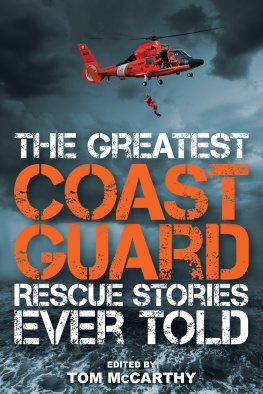
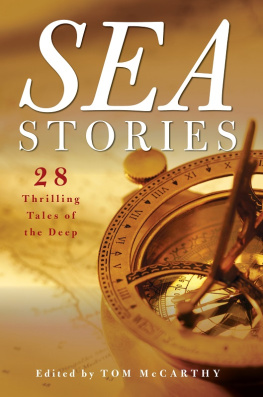
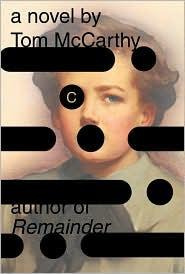

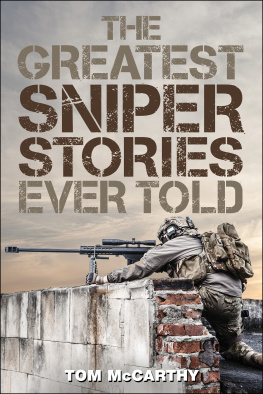
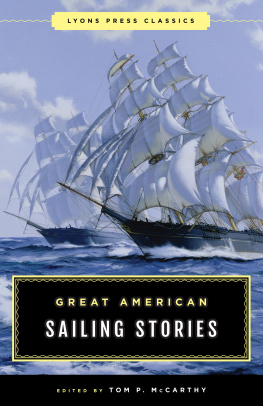
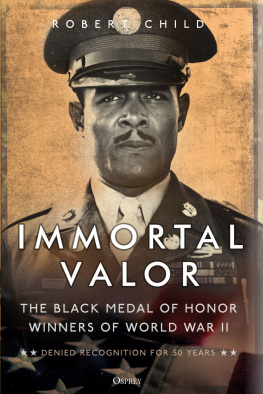
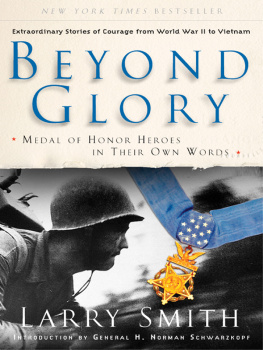


 The paper used in this publication meets the minimum requirements of American National Standard for Information SciencesPermanence of Paper for Printed Library Materials, ANSI/NISO Z39.48-1992.
The paper used in this publication meets the minimum requirements of American National Standard for Information SciencesPermanence of Paper for Printed Library Materials, ANSI/NISO Z39.48-1992.